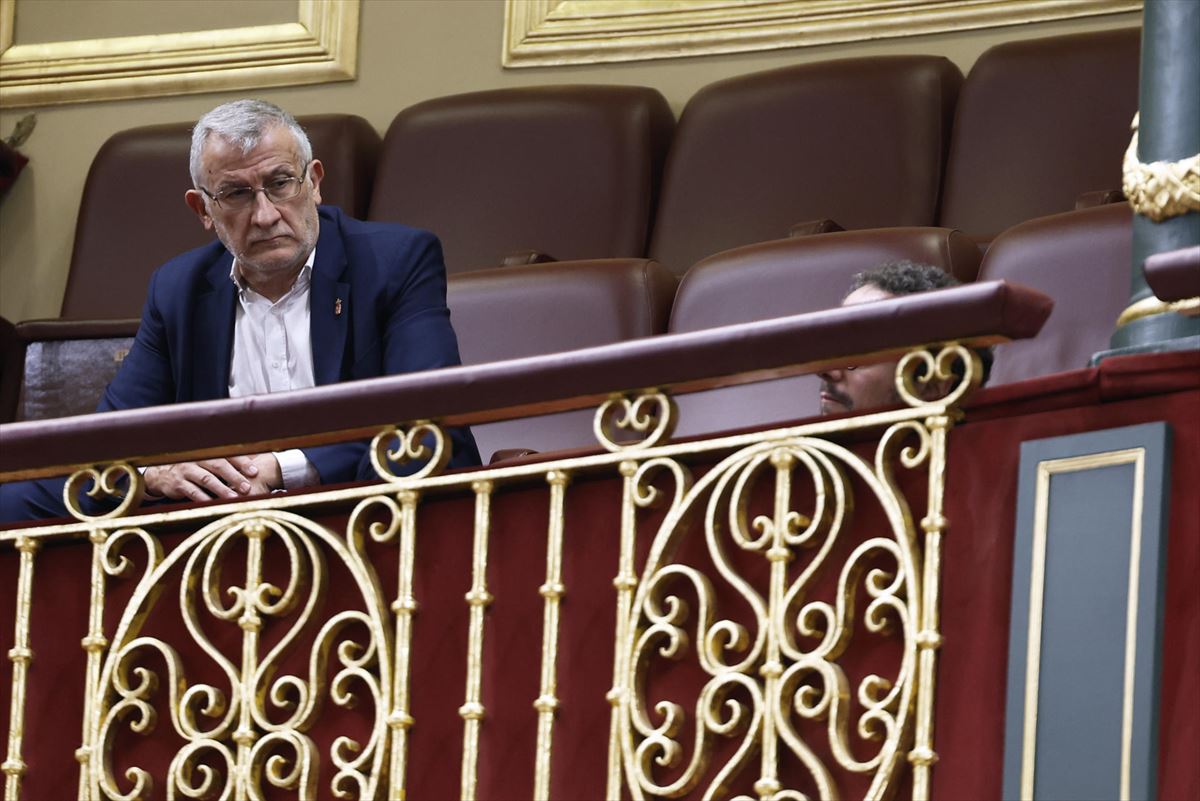The law to improve the foral regime of Navarre (LORAFNA) will soon include this new power. According to Navarre’s vice-president, Félix Taberna, Navarre “has been given greater powers for our self-government and, in principle, also for the regional police.”
Last Thursday, the plenary session of Congress finally approved the bill containing the law agreement reached between Government of Spain and that of Navarre to include the jurisdiction of traffic in the Law to improve the foral regime of Navarrea (LORAFNA), which received the only rejection from PP and Vox.
In this way, the majority of Congress has lifted the veto imposed by PP and Vox in the Senate on this reform of the LORAFNA, the Cortes Generales have definitively approved this bill and it will be sent to the Government Gazette (BOE).
The Vice President of Navarre, Félix Taberna, who was present at the debate in Congress, celebrated the final approval of the reform to protect traffic competition and proclaimed that “it is an important day for the self-government of Navarre.”
As he added, Navarre is provided with “more powers for our self-government and in principle also for the regional police. In this context, he has defended that progress is being made towards a comprehensive regional policing model, “in which traffic powers in all their integrity will be a reality in Navarre.”

With this bill, the Spanish and Navarrese governments will protect the traffic jurisdiction for the provincial community in the LORAFNA, following the Supreme Court ruling that annulled this transfer. Both executives agreed to amend Article 49 of the Lorafna, explaining that “in addition, “Of the powers it has had, Navarra is responsible for the implementation of state legislation, as well as for the functions of supervision and traffic control.” Similarly, a new point is added in Article 51 specifying that the provincial police shall exercise this power.
The agreement was announced last April after a meeting between the regional president, María Chivite, and the Minister of Territorial Policy, Ángel Víctor Torres, but for final approval the bill had to be approved both in the Provincial Parliament and in the General Courts.
The plenary session of the Navarrese parliament already did this last May with the positive vote of UPN, PSN, EH Bildu, Geroa Bai and Contigo-Zurekin, while the PP and Vox voted against, as happened in Congress and the Senate.
Source: EITB
I am Ida Scott, a journalist and content author with a passion for uncovering the truth. I have been writing professionally for Today Times Live since 2020 and specialize in political news. My career began when I was just 17; I had already developed a knack for research and an eye for detail which made me stand out from my peers.



